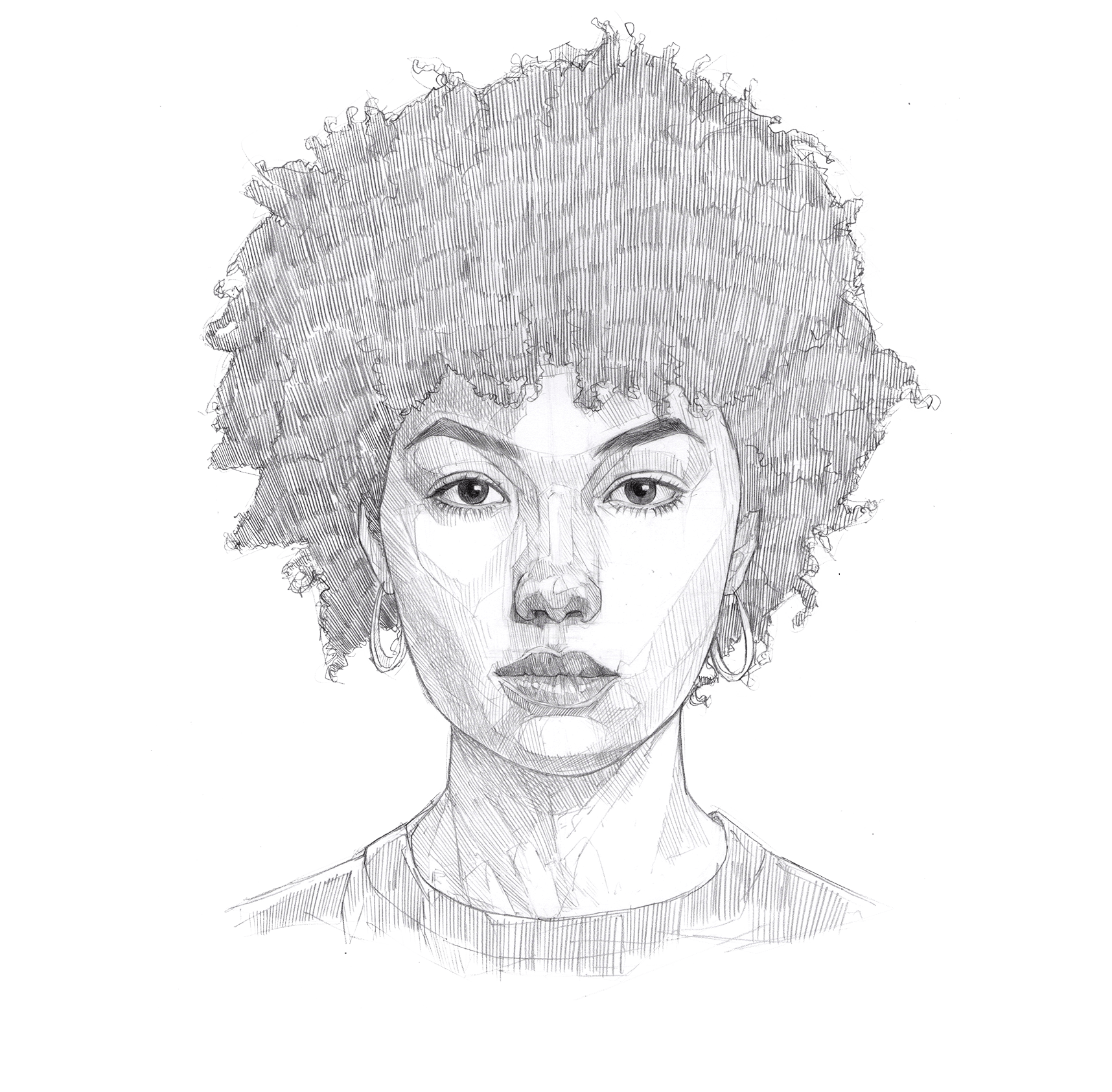East Africa
[If someone from our region experiences sexual assault], try to listen to them. I think it’s very important to listen to the situation and not just judge it, you know, as it is. Listen to…
Participant 1: Talking with someone who can relate with this stuff would be helpful […] so they won’t misunderstand what you’re saying. They will understand your context and it is easy for them to give…
Participant 1: The Mount could learn more about culture, to know how to deal with African students. Facilitator: Like how to make you, maybe, open up more? [laughter] Participant 1: Yeah, like, more comfortable. […]…
Participant 2: Say you are the only African in the class. If something happens, you don’t even know how to say it because you feel – Participant 1: like, “oh, I am the only African.”…
Where it [the policy] says, “the incident does not fit policy,” how would I know if something doesn’t fit the policy? […] Let’s say in the case of groping, what you call groping might not…
I think my brothers would like the policy, because they know how guys are. So, personally, they [would] think the policy is better if it is applied, because then I could walk around safely. […]…
I feel like the most important thing is more support for the victim, because at some point, they don’t even want somebody to be touching them. They just want somebody to be listening to them,…
The funny thing is, when I think about what I’ve said and what I’ve heard, when you have been sexually assualted, the last people you tell is your family members. Why? because you are feeling…
Participant 1: I would look for someone who provides me with more recommendations of how I could approach the problem. Like, it’s good to listen to my problem, but I think for me, it would…
Participant 1: Offer them counselling because, in Africa, you can’t find counselling. Participant 2: Not even – don’t put counselling in such a way, because we don’t really understand counselling. Facilitator: Okay, maybe for us,…

